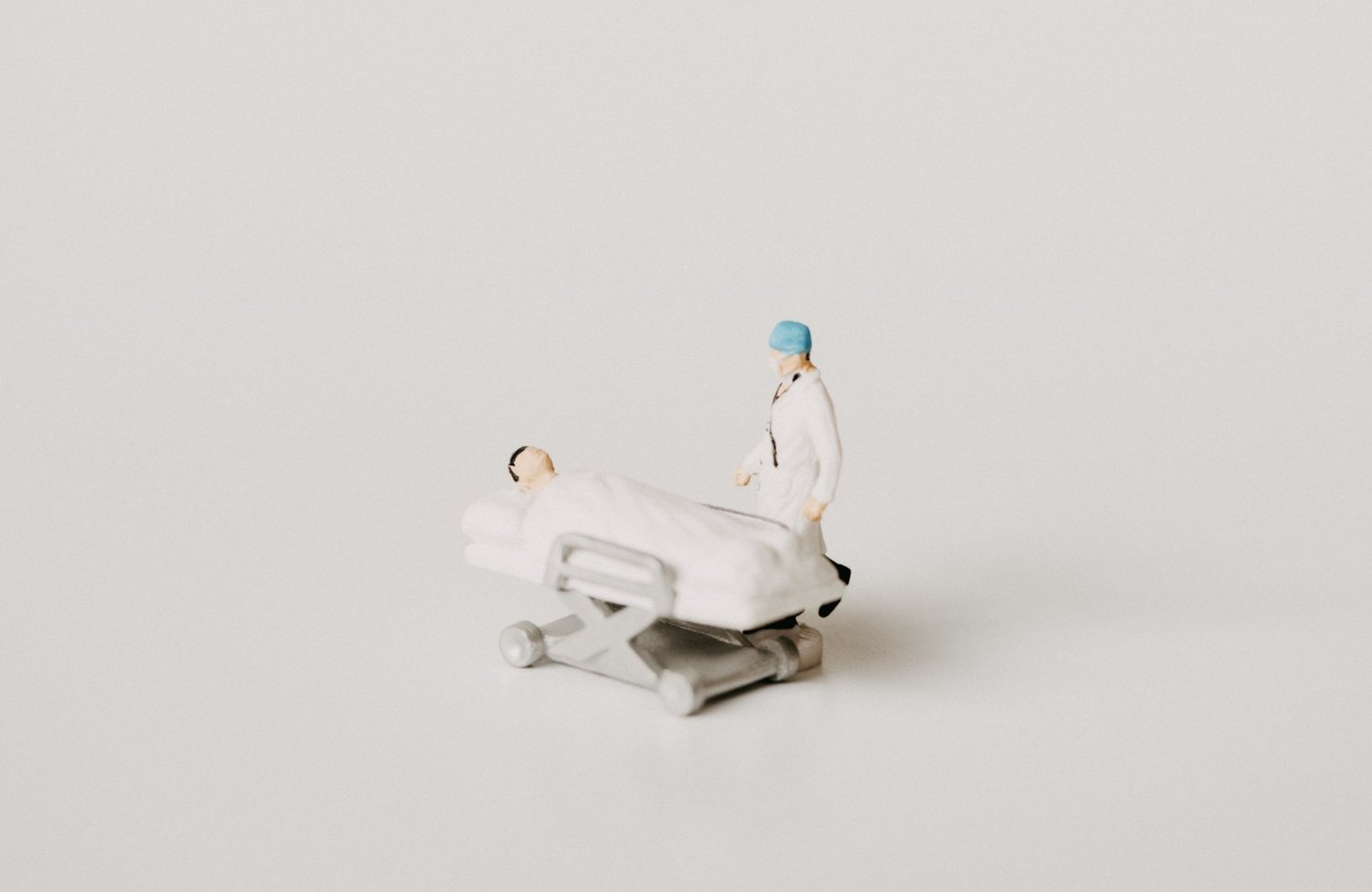What is Narrative Medicine?
May 12, 2022

– Annie Spratt/Unsplash.com.
LSU’s Pre-Med Program Models Empathetic Practice
At the heart of medicine is a story, and every patient has a story that goes beyond
the symptoms they bring into their doctor’s office. Those stories can illustrate how
a person became ill, can unravel the tipping point that compelled them to seek help,
and, perhaps most importantly, can illuminate the social challenges they may face
in their journey to getting better.
Stories can offer the kind of contextual richness that may prompt a provider to switch from asking “How can I treat this disease?” to “How can I help my patient?”
This particular approach, dubbed “narrative medicine,” was originally introduced by Dr. Rita Charon, a New York City physician and a faculty member at Columbia Medical School.
In her 2011 Ted Talk, Charon said, “What I did in the office—what patients paid me to do—was to pay exquisite attention to the narratives that they gave me, which were in words, in silences, in those facial expressions that we saw earlier today, in their body, in how the body changed, in the tracings and pictures that we had of their body, in what other people said about them.
“And that it was my task to cohere these stories so that they, at least provisionally, made some sense. To take these multiple contradictory narratives and let them build something that we could act on.”
Charon’s conceptual thinking has not only transformed the way she treats patients, but it has also sparked a new way of teaching incoming medical professionals the elements of care that may not always be found in a textbook.
Through a partnership between LSU, the LSU School of Medicine-Baton Rouge, and Our Lady of the Lake Regional Medical Center, undergraduate students in the pre-health path have been provided with opportunities to explore both the medical school-side and the medical practice side—with heavy emphasis on narrative medicine.
LSU’s Director of Pre-Health Programs Robby Bowen said it was through one of the discussions with Dr. George Karam, the assistant dean of Baton Rouge Medical Education at the LSU School of Medicine, that a question was a simple question was posed: What do these pre-health students need?
“Students understand medicine and the struggles and challenges to get to become a doctor,” Bowen said. “They know the importance of academics and tests, but sometimes they don’t necessarily understand the emotional impact of what it means to be a doctor and how the people-side of medicine is sometimes not stressed as much.
“That led us to look for ways that we could introduce (our students) to the idea that medicine is more than a job. It’s a sort of calling, and it’s something that has great importance in the community. Someone’s putting their trust in you.”
During the Spring 2022 semester, the community collaboration presented the first pre-health student cohort with seminars and monthly opportunities to explore the pathways to medicine in more depth.
Bowen said the feedback from students was exceedingly positive.
“It’s such an interesting concept, you know, that medicine should be about the patient rather than the illness. I think it’s important to consider someone’s background and where they’ve grown up and all of that as part of their diagnosis,” said Blaire Peterson, a graduating biological sciences major who plans to attend medical school.
“What medicine is for is to donate the expertise to an act of fidelity, to give someone company, and to form staunch, sturdy affiliations within our clearings, within our dyads, within our shabby clinics, so that no one has to be in the glare of sickness or even in the glare of death alone,” said Charon.
Interested in learning more about the LSU Pre-Health Programs? Contact Robby Bowen (rbowen@lsu.edu) or Matt Duris (mduris2@lsu.edu) for more information.